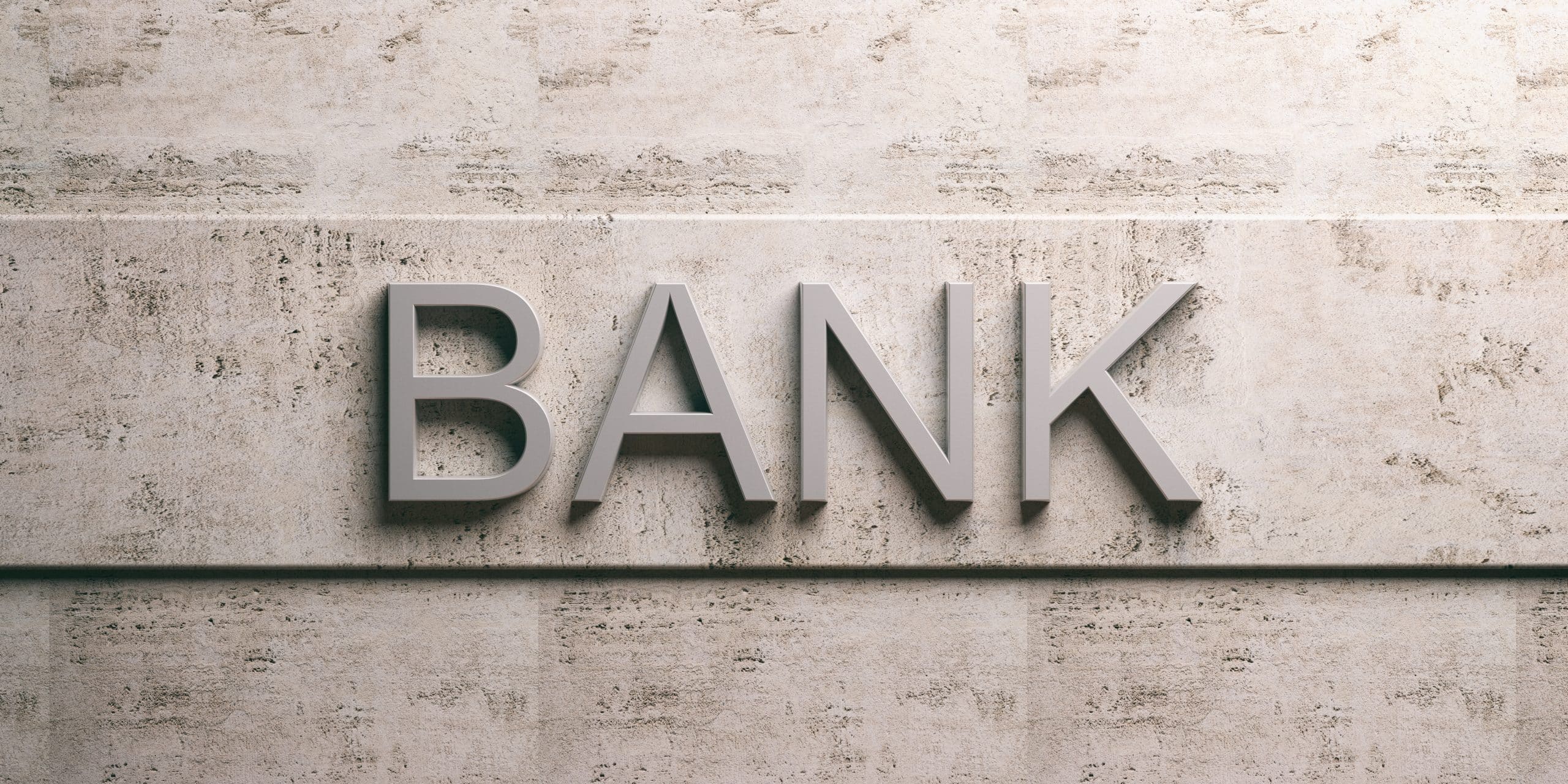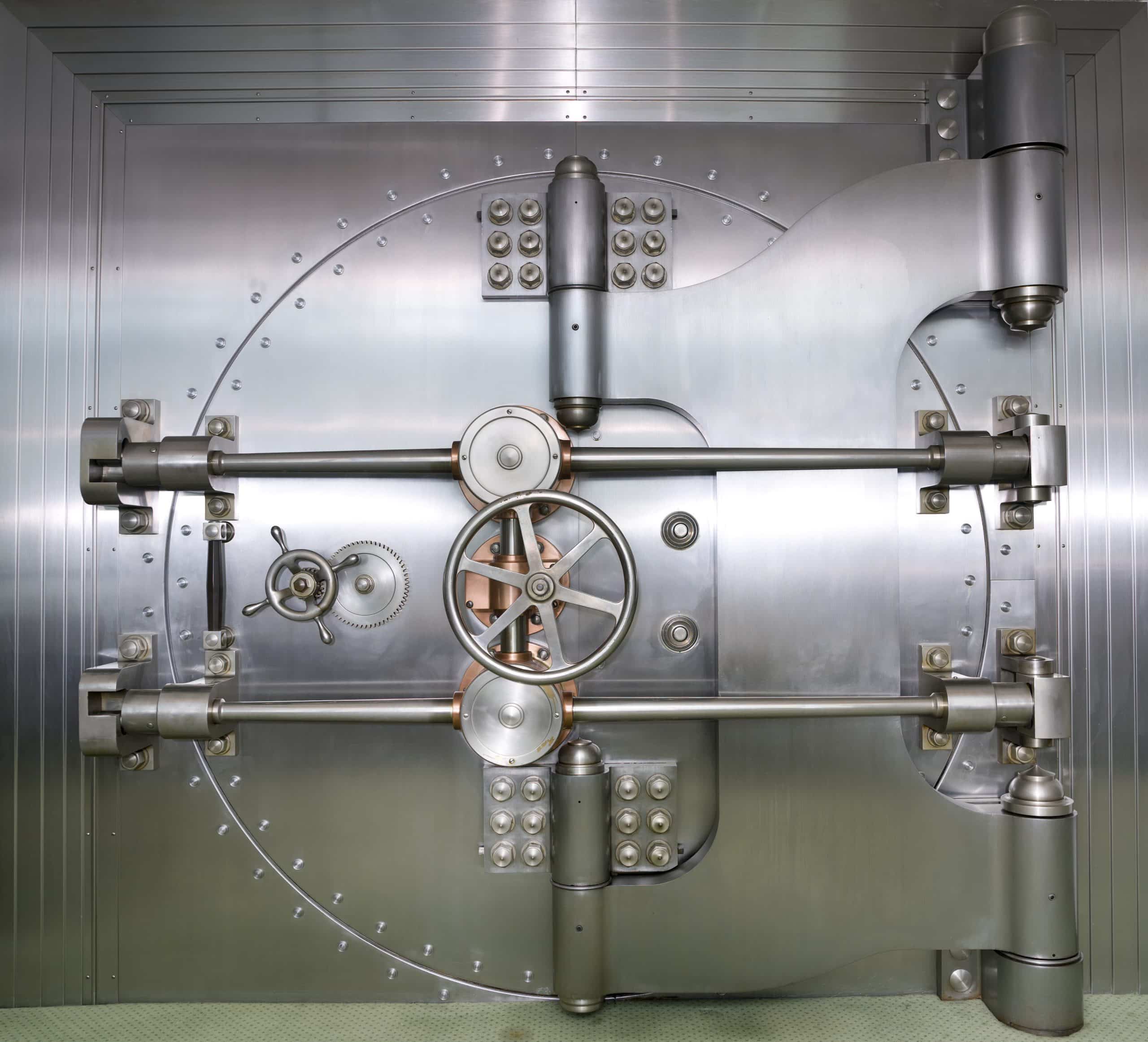Summary (TL;DR)
The answer depends on the type of account and legal structure you use. For personal bank accounts, tracing your identity is relatively straightforward if someone has the legal authority to obtain your banking details. On the other hand, business accounts, especially when linked to anonymous LLCs, offer a greater degree of privacy. While your bank will always know who you are, the general public (and potential adversaries) will not have easy access to your information through public filings.
If privacy is a key concern for your business, forming an anonymous LLC in a state like Delaware, Wyoming, New Mexico, or Nevada can be an excellent strategy to shield your personal information while maintaining a business presence.
Introduction
 When it comes to bank accounts, privacy is a big concern for many individuals and businesses. Whether you’re managing personal finances or running a business, you might wonder how easily someone can track you down through your bank account details. The truth is, the level of privacy varies depending on the type of account you hold and the legal structures surrounding it. Let’s dive into this topic, focusing on personal and business accounts, and explore the options for maintaining anonymity, especially in the context of anonymous LLCs.
When it comes to bank accounts, privacy is a big concern for many individuals and businesses. Whether you’re managing personal finances or running a business, you might wonder how easily someone can track you down through your bank account details. The truth is, the level of privacy varies depending on the type of account you hold and the legal structures surrounding it. Let’s dive into this topic, focusing on personal and business accounts, and explore the options for maintaining anonymity, especially in the context of anonymous LLCs.
Part 1: Personal Bank Accounts
Personal bank accounts are linked directly to your personal identity, including your Social Security number (SSN), address, and other identifying details. If someone has access to your bank account information, they might be able to trace it back to you, depending on the circumstances. However, there are a few factors that determine how easy or difficult it is for someone to find you through your personal bank account.
How Personal Bank Accounts Are Traced
In the U.S., banks are required to comply with “Know Your Customer” (KYC) regulations, which means they must verify your identity when you open an account. This verification includes collecting your name, address, SSN, and sometimes even employment information. As a result, your personal bank account is directly tied to your identity.
If someone, such as a creditor, law enforcement, or a private investigator, needs to locate you using your bank account, they typically have to go through legal channels, like obtaining a subpoena or a court order. These legal processes compel the bank to release information. In other words, someone cannot just walk into a bank and request your details. But once legal access is granted, your identity can easily be traced through your account. In light of this, many individuals and organizations often seek the assistance of professionals who are familiar with these legal processes and can navigate them efficiently. The benefits of hiring a private investigator can be significant, as they often possess the expertise and resources necessary to conduct thorough searches while adhering to legal guidelines. Additionally, private investigators can employ various methods to gather information discreetly, minimizing the chances of alerting the subject being investigated. These professionals not only understand the intricacies of private investigator laws in Florida but also ensure that all actions taken are compliant with state regulations. This knowledge is crucial, as it protects both the investigator and their clients from potential legal repercussions. Moreover, by engaging a private investigator, individuals can save time and effort, allowing them to focus on other important matters while relying on an expert to handle the case with confidentiality and discretion.
Can You Protect Your Personal Bank Account from Being Traced?
For most people, it’s difficult to maintain total anonymity with a personal bank account. However, you can take steps to minimize your exposure, such as:
- Using Privacy Services: Some individuals use privacy protection services to reduce how much personal information is available publicly. While this won’t hide your bank account details, it can limit the other information that may lead someone to you.
- Using Online Banks: Some people choose online-only banks with strong privacy policies, though these still comply with the same KYC regulations.
Ultimately, maintaining total anonymity with a personal bank account is nearly impossible, but you can limit how easy it is for someone to obtain your information.
Part 2: Business Bank Accounts and Anonymous LLCs
Business bank accounts operate differently from personal accounts. When opening a business account, you’re often required to provide the legal name of the business, its Employer Identification Number (EIN), and documents such as the Articles of Incorporation or an Operating Agreement for LLCs. But what if you want to keep your business identity anonymous?
Anonymous LLCs: A Privacy Solution for Businesses
One way to protect your privacy with a business account is through an anonymous LLC. An anonymous LLC is a Limited Liability Company where the true owners (members or managers) are not publicly listed. This provides a layer of privacy, making it difficult for someone to identify who is behind the business.
Currently, there are only a few states in the U.S. that allow anonymous LLCs:
- Delaware
- Wyoming
- New Mexico
- Nevada
These states do not require the names of LLC owners or members to be publicly disclosed. Instead, a registered agent—who may be a lawyer or a service provider—acts as the point of contact for the business. This means that someone searching through public records won’t be able to find your name easily.
How Anonymous LLCs and Bank Accounts Relate
 If you form an anonymous LLC and want to open a business bank account, the bank will still require some personal information. The bank needs to know who is opening the account to comply with federal regulations like KYC and anti-money laundering laws. This means that, while your identity will not be visible in public records, the bank will know who you are.
If you form an anonymous LLC and want to open a business bank account, the bank will still require some personal information. The bank needs to know who is opening the account to comply with federal regulations like KYC and anti-money laundering laws. This means that, while your identity will not be visible in public records, the bank will know who you are.
However, an anonymous LLC can still provide significant protection. If someone tries to find you through public business filings, they won’t see your personal information. They would need to go through legal channels (subpoena, court order, etc.) to force the bank to release the account holder’s identity.
Limits of Privacy with Business Bank Accounts
While an anonymous LLC offers more privacy than a standard business setup, it’s important to understand that it’s not a bulletproof shield. Banks, like with personal accounts, still require the disclosure of business owners’ identities for regulatory purposes. However, your personal identity will not be tied to the business in public records, and for many people, this is enough to maintain a higher level of privacy.